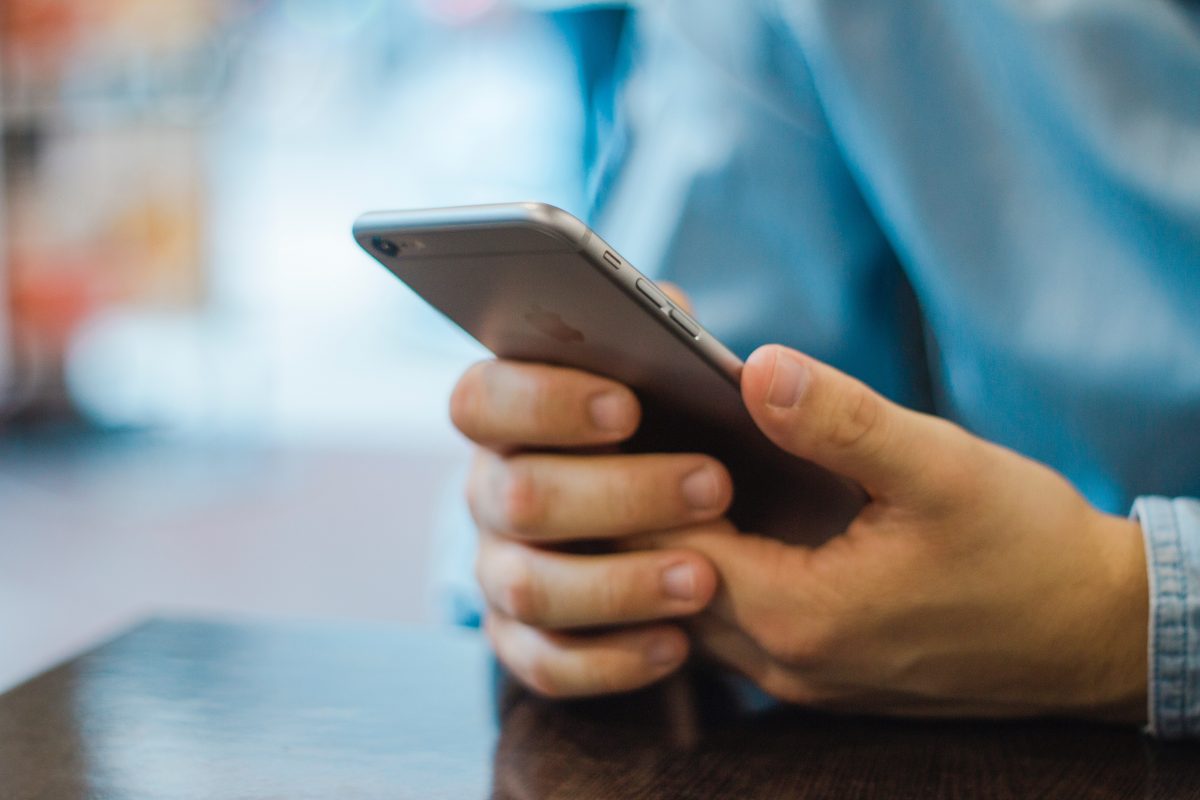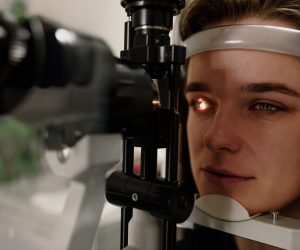
Feeling Burnt Out? These 7 Mental-Health Techs Can Help
Abigail Klein Leichman via Israel21c – Anxiety, depression, burnout, loneliness –2020 was the most stressful year in many people’s lives, according to an international study from Oracle and Workplace Intelligence.
The study revealed that 78 percent of the global workforce aged 22 to 74 feels higher levels of daily stress and anxiety than ever before.
Eighty-five percent reported their mental state is harming their sleep, physical health, happiness at home, and relationships with family and friends.
So far, not surprising.
But the study also found that 82% of 12,347 employees, managers, HR leaders, and C-level executives from across 11 countries would prefer to try an artificially intelligent technological solution for their mental-health issues before turning to a human for help.
It’s fair to say that their answers reflect a growing trend in the broader population as everyone has gotten comfortable with video conferencing and other tech tools.
And that means these Israeli technologies and apps to improve mental health are coming to market at exactly the right time.
Some can be effective on their own or as a first line of defense, while others aid professional clinicians in bringing relief to their patients.
CalmiGo
Dendro Technologies claims that using its CalmiGo device for a few minutes each day can reduce symptoms of anxiety and stress, change the stress response and shorten episodes of distress.
The $180 device has three components: a personalized breathing regulator using lights and vibrations; multisensory stimulation for grounding and focus; and a relaxing aromatherapy scent based on lavender.
The device is geared for all ages. It was tried on students with test anxiety at private university IDC-Herzliya and is being evaluated for cancer patients at Tel Aviv Sourasky Medical Center.
The US Department of Veterans Affairs subsidizes the cost of CalmiGo for veterans suffering from post-traumatic stress disorder and anxiety.
CalmiGo’s cofounder, Adi Wallach, partnered with physician and serial entrepreneur Dr. Orna Levin to develop the device due to her own struggles with anxiety attacks.
MindReset
British “mental coach” Matt Hudson helps clients de-stress and overcome various mental health conditions. Due to congenital hearing problems, he can pick up tiny nonverbal signs of physiological stress, such as eye movements, and then helps clients vanquish those subconscious stress triggers.
Hoping to make his technique available widely, Hudson contacted Jerusalem-based Umoove, an innovator of mobile eye-tracking technology. Together, they developed and launched the MindReset stress-busting app for iOS and Android.
The two-minute voice-led sessions pinpoint subconscious stress triggers while the phone’s camera observes eye movements and processes the images securely on the phone. A visual element interrupts the brain’s reaction to the trigger, resulting in immediate reduction of stress levels that can be measured by monitoring devices such as Garmin watches.
A test carried out on Garmin wearers found that 90% had a measurable decrease in daily average stress levels during the first week of using MindReset for a few minutes a day.
“You don’t need to dive into your trauma or negative experiences or even to know exactly what they are on a conscious level,” says Yitzi Kempinski, founder-CEO of Umoove and CTO of MindReset. “And the amazing thing is that this app can make a significant improvement very quickly.”
Kempinski tells ISRAEL21c that ongoing studies show initial promising results for MindReset’s impact on stress, work burnout and depression, as well as “Long Covid” (long-term mental and physical effects of Covid-19). The company will soon launch a new version with specially designed programs for people dealing with chronic stress, chronic fatigue, depression and more.
“Anxiety and chronic stress are growing rapidly worldwide, especially lately with the Covid-19 pandemic and all that comes with it,” said Hudson. “There are many meditation apps out there, but most people don’t have time or patience to meditate effectively. So, a solution that is both effective but only takes moments is just what is needed.”
Predictix
Clinical depression is the leading cause of disability worldwide. Yet it’s estimated that half of the people treated for depression go through trial and error to find a medication providing complete relief.
Israeli mental health startup Taliaz recently received CE (European Union) approval for Predictix Digital, an artificial intelligence (AI) tool providing instant digital prescribing recommendations during a patient’s face-to-face or virtual visit.
Predictix Digital analyses each patient’s clinical and demographic data, then translates these thousands of data combinations into a recommendation report that ranks antidepressants by their predicted efficacy and anticipated side effects.
Wisdo
The Wisdo app provides access to a social network where users can connect over mutual experiences with more than 100 concerns such as “coping with depression,” “heartbreak” and “loneliness.”
Cofounder and CEO Boaz Gaon got the idea for the app when seeking emotional support during his father’s eight-year battle with cancer. Its tagline is “Learn from people who’ve been there.”
Wisdo was Google Play’s #1 app for social impact and personal growth in 2019 and is a five-time App Store “App of the Day.”
MoodKnight by 4Girls
MoodKnight analyzes social-media posts in Hebrew or English, using artificial intelligence (AI), machine learning and natural language processing, to detect and classify mental-health distress such as loneliness, anxiety, violence victimization and suicidal thoughts.
Instances are detected and ranked by severity — low, medium (professional help needed) or high (emergency) – and sends an alert to the client.
For now, MoodKnight is working with Israel’s Ministry of Health and Ministry of Welfare and Social Services. Potential clients include mental-health divisions of hospitals and HMOs that want to track patients for risk assessment, as well as helplines, e-therapy and telemedicine providers, parenting applications and social-media platforms themselves.
“Our technology is trained to look at people ages 12 to 30 because these are the people sharing their distress online,” says head of business development Amir Gefen, whose PhD in education focused on adolescent cyberbullying.
“We are raising funds and looking to acquire commercial clients for this technology,” Gefen tells ISRAEL21c.
“We could collaborate with other mental health and wellness applications,” Gefen adds. “Our technology will help them fit their app to the needs of the users. Right now, these apps are based on self-reporting. We can go beyond that by analyzing a text written by the person.”
GGTUDE
GGtude offers a variety of free iOS and Android apps that guide users through cognitive behavioral therapy techniques for changing negative thought habits.
The apps aim to improve emotional wellbeing in the areas of self-esteem; OCD, anxiety and depression; and self-care.
Two to three daily exercises per topic are available for free. Sessions last three minutes each. A paid premium membership entitles the user to more than 500 daily exercises.
GGtude has published seven research studies on its mobile mental health platforms. Its personalized content delivery engine is at the core of BrainsWay’s newly launched wellness app for depression.
BRAINSWAY
BrainsWay’s main product is a non-invasive deep transcranial magnetic stimulation (Deep TMS) platform technology.
Itis FDA approved for treating major depressive disorder, obsessive-compulsive disorder and smoking addiction. Clinical trials are underway for various psychiatric, neurological, and addiction disorders.
The BrainsWay coil technology inside a flexible helmet is designed to maximize electrical stimulation of deep brain regions. The product to treat major depression – for patients who tried antidepressant medications with no improvement — is also in clinical trials at various stages for the treatment of bipolar disorder, post-traumatic stress disorder and schizophrenia.
To read the original article click here.
For more articles from Israel21c click here.






